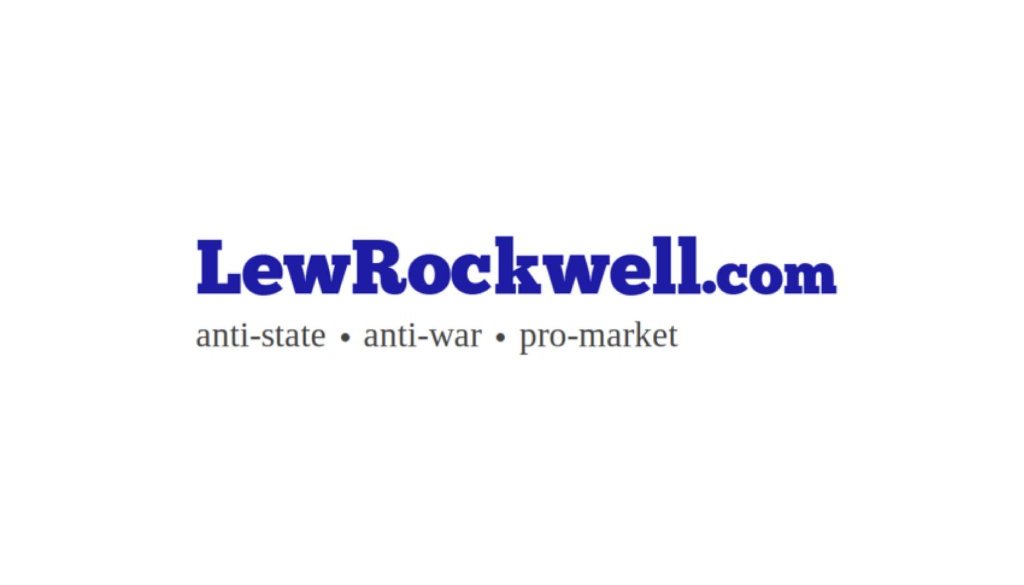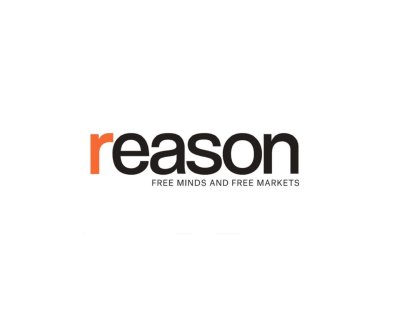Israel – Iran: the Confrontation
The confrontation between Israel and Iran does not at all correspond to the image presented by the media. Its roots lie in a period before the Islamic Republic and has nothing to do with the construction of a nuclear bomb. Its outbreak today is intended to cover up the misdeeds of the Argentinian Rafael Grossi, director of the International Atomic Energy Agency.
Here we are: the confrontation between Israel and Persia has begun. Its origins lie not in the Islamic Republic, but in what preceded it. This war is expected to last until one of the adversaries is exhausted.
To understand what is happening and not fall into one of the two official narratives that mask the reality of the problem, several steps back are necessary.
Iran’s Enemies in the 20th Century
All demonstrations in Iran against external enemies end with the inevitable “Death to the United Kingdom! Death to the United States! Death to Israel!” It is a cry that comes from the depths of the suffering of the Persians since the First World War.
• Indeed, while we in the West are not aware of it, Iran was the victim, in 1917-1919, of the largest genocide of the First World War [ 1 ] . 6 to 8 million people died of hunger out of a population of 18 to 20 million inhabitants, that is to say between a quarter and a third of Iranians. Iran, although neutral, was crushed by the British armies, against a backdrop of rivalry with the Bolsheviks and the Ottomans. This horror left a traumatic memory that is still very present in Iran [ 2 ] . There is no doubt for an Iranian that the United Kingdom is the first enemy of his country.
• The British, who had colonized Iran behind one of their officers, Reza Shah (1925-1941), overthrew him to place his son in power, Mohammad Reza Pahlavi (1941-1979). Behind these screens, they plundered the country’s oil. However, in 1951 the Shah chose Mohammad Mossadegh as Prime Minister. The latter nationalized the oil to the detriment of London. A quarrel ensued during which the British showed bad faith and organized a color revolution with the help of the United States. This was “Operation Ajax” [ 3 ] . The new regime was no longer held by London, but by Washington. The United States Embassy, which installed the telephone, placed derivations of the lines of all the ministers to listen to them without their knowledge, live. This system was discovered during the 1978 revolution. There is therefore no doubt among Iranians that the United States is their second enemy.
• When Mossadegh was overthrown, the British imposed General Fazlollah Zahedi in his place. Zahedi was a Nazi whom they had imprisoned in Cairo, but London was counting on him to restore “order.” So he set up a secret police force modeled on the Gestapo. He recruited former Nazis to train it, and several hundred “revisionist Zionists” were sent by Yitzhak Shamir (then working for Mossad) to supervise them [ 4 ] . The horrors of the Savak, the most terrible secret police in the world at the time, can still be seen in the museum dedicated to it in Tehran [ 5 ] . So there is no doubt among Iranians that Israel is their third enemy.
Israel’s only enemy in the 20th century
Contrary to what the Israeli population believes after 25 years of “revisionist Zionist” propaganda, Iran – neither that of the Shah nor that of the Islamic Republic – never had the objective of annihilating the Jewish population of occupied Palestine. As President Mahmoud Ahmadinejad had made clear, the objective was to destroy the State of Israel as Russia had destroyed the USSR [ 6 ] .
No, the only enemy of the State of Israel is the one that, for 80 years, has sabotaged every attempt at peace between Jews and Arabs: the United Kingdom. As I have often explained, when the Foreign Office drafted its plan, The Future of Palestine , in 1915 , it specified that a Jewish state should be created in Mandatory Palestine, but that it should under no circumstances be capable of ensuring its own security. It was only two years later that the government of David Lloyd George drafted the Balfour Declaration announcing the creation of the Jewish National Home, and that the Woodrow Wilson administration made a commitment to create an independent state for the Jews of the Ottoman Empire.
The author of this text, Lord Herbert Samuel, became British High Commissioner to Palestine. True to form, he favored Jabotinsky’s “revisionist Zionists” on the one hand and, on the other, appointed the anti-Semite Mohammed Amin al-Husseini as Grand Mufti of Jerusalem. He was subsequently appointed Home Secretary in Archibald Sinclair’s government.
This policy continues unabated to this day: the United Kingdom still supports the “revisionist Zionist” Benjamin Netanyahu on the one hand and the Muslim Brotherhood, of which Hamas is the Palestinian branch, on the other.
The continuation of the conflict between the “revisionist Zionists” and Iran
Just after World War II, US President Dwight Eisenhower became concerned that his Israeli counterpart, Chaim Weizmann, was creating a “Greater Israel”—that is, not the reconstitution of the Kingdom of Jerusalem (which was already largely included in the State of Israel), but of the ancient Assyrian Empire (i.e., from the Nile to the Euphrates). He asked his Secretary of State, John Foster Dulles, to organize an alliance between Syria and Iran to balance Israeli influence.
It was at Washington’s request that Syrian President Adib Chichakli (PSNS) (1953-1954) signed a military cooperation agreement with Iranian ruler Mohammad Reza Pahlavi on 24 May 1953 [ 7 ] . It is therefore foolish today to denounce this same alliance (now called the “Axis of Resistance”) on the sole grounds that both regimes have been decolonised.
Yet that is what we are doing. In 1979, President Jimmy Carter ousted the Shah of Iran and his claim to Middle East domination by acquiring an atomic bomb supplied by French President Valéry Giscard d’Estaing and his Prime Minister, Jacques Chirac [ 8 ] . To replace him, on the advice of his security adviser, Zbigniew Brzeziński, he moved Imam Ruhollah Khomeini from France to Tehran. Israel initially supported Iran against Iraq, supplying it with weapons as needed. Tel Aviv even organized the Iranian part of the Iran-Contra scandal. Then, it gradually changed its strategy [ 9 ] while retaining some remnants of the Shah’s period. Thus, the EAPC-B consortium, half-owned by each of the two states, continues to operate the Eilat-Ashkelon pipeli
Article from LewRockwell

LewRockwell.com is a libertarian website that publishes articles, essays, and blog posts advocating for minimal government, free markets, and individual liberty. The site was founded by Lew Rockwell, an American libertarian political commentator, activist, and former congressional staffer. The website often features content that is critical of mainstream politics, state intervention, and foreign policy, among other topics. It is a platform frequently used to disseminate Austrian economics, a school of economic thought that is popular among some libertarians.




